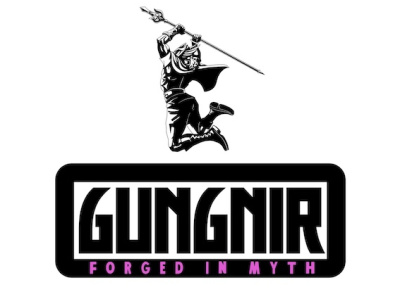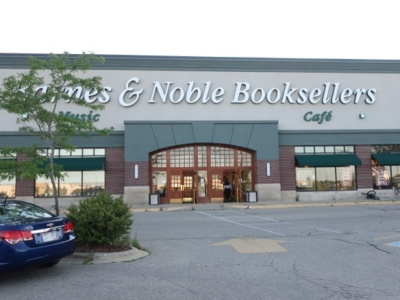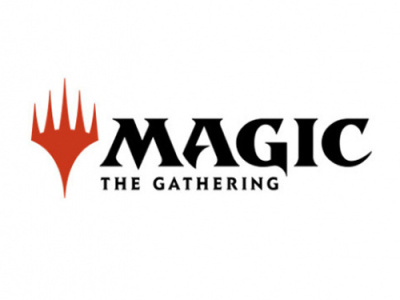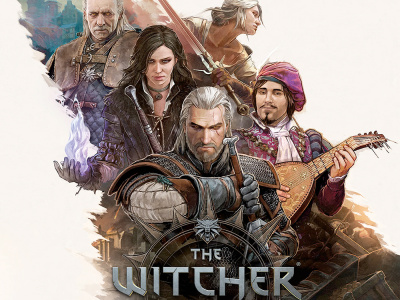In Business 3x3, a business retailer or executive will share their experience with three things they’ve done right, three things they’ve done wrong, and what else they’ve learned along the way.
Things were easier in the good ol’ days. Just ask Phil Boyle.
Boyle was a short-order cook who also sold comics at weekend conventions when a friend pointed out that he could rent a Florida storefront for just $300 a month. On Feb. 1, 1983, Boyle opened his first Coliseum of Comics store.
"I thought I could easily make $300 a month selling comic books, so I opened when I was the ripe old age of 20," Boyle says. "And soon after, I realized that I also had to pay electric, insurance, the phone bill, and all the other fill-in-the-blanks."
Boyle has hit some bumps in the road (you’ll read below) but the overall trajectory has been up and up. Boyle opened a second store in May, 1989 and today, Coliseum of Comics is an eight-store chain with a warehouse operation as well.
Along the way, yes, there have been lessons learned…
THE GOOD
DISPLAY VALUE AS VALUE
Simply put, high-ticket items should look just that—high-ticket.
"From the beginning, I took a cue from a guy named Frank Dowler, who ran [former Orlando, FL comic/hobby store] Enterprise 1701," Boyle says. "His theory was that a $100 comic book should be displayed the same way a $100 watch is. You display it like an item of value, in a well-lit area, under glass. I always thought Frank had a very good business sense about him."
As such, high-dollar items at Coliseum of Comics get the deluxe treatment. The effect carries over into the stores in general.
"We’re always clean, always well-lit," Boyle says. "But we strike a happy medium, too. We’ve never ‘too good’ for anyone. Our staff is always friendly. You have to talk to the customer on the same level that they are."
WATCH YOUR FINANCES EVERY DAY!
Boyle is an absolute dollars-and-cents hawk.
"I balance my store accounts every single weekday, every store, every day," he says. "I need to know exactly where we are financially."
Boyle says the daily grind is necessary to handle the monthly and yearly grind.
"We extrapolate out through the end of the year on our finances, so we know when our lean times are and when the fat ones are," he says. "When do we limit orders, when do we increase orders? You need to be projecting, getting your forecasts correct, and be ready for those downtimes."
The fiscal prudence keeps the trains running, and Boyle takes special care to watch man-hours during the leaner months such as February, where customer traffic is typically down.
"If you buy product, you can usually eventually sell that product, at least get some of your money back out of it," he says. "But employee hours are gone forever. There is no recoupment on it."
LEARN TO LET GO...
Boyle’s played the expansion game in a big way, and has learned important lessons.
"When you expand, you have to understand that the guy is going to put the books on the stands just slightly different than you would, or he’s going to move that counter there or that rack there in a way you would not have done, " he says. "People want to, and do, take ownership of the stores, and if you micro-manage them, you destroy that impulse. You have to give them a little bit of latitude to find their own voice, ‘explore the space,’ so to say."
And Boyle thinks finding the right people is especially key.
"I’ve seen guys say, ‘I don’t really have a manager for a second store, but I’ve got a good assistant manager, I’ll just split my time between two stores.’ That doesn’t always work, because now you’re not devoting full time to anything," Boyle says. "You’re now two part-time managers. You have to have to have somebody in your store who you can trust, who can associate with the customers and become a voice, and take ownership of that store when you’re not there. People are a huge, huge part of the equation."
THE BAD
DON’T EXPAND TOO QUICKLY
Yeah, the expansion happened in a big way. It also happened too early, to Boyle’s mind.
"I jumped into my first store without really having a clue what it took to run a business," he says. "Then I jumped into my second and third stores far too quickly. The second store worked out fine, but on the third store, I did not do the proper due diligence and it put me in the poorhouse for three years as I dug my way out of that one. Knowing the local market, getting the feel for it, asking, ‘Does a comic store belong in this area to begin with?,’ is important. Some neighborhoods just can’t support a comic book store. Some can support three."
Bottom line, Boyle recommends you look and look thoroughly before you leap.
"I expanded too quickly," he says. "I didn’t have the people to expand, and I sure as hell didn’t have the business acumen."
DON’T KEEP THE BAD SEEDS
Personnel decisions are tough for everyone. But learning to let go is important here, too.
"Keeping people who are burned out, people who are no longer happy, or need more direction than they should require… it’s probably time for them to find something that would make them more happy, because they’re not finding it with you," Boyle says.
Boyle has likely hung on to a few people a bit too long, but now tries to catch himself before it becomes a problem.
"If an employee isn’t sure what he wants to do, he might be collecting a paycheck and not contributing anything," he says. "That’s expensive for us, and for the whole industry. It’s probably time to move along."
KEEP YOUR EYE ON TAXES!
Your local bank? You might have a little leeway. Your local taxation authority? Not so much.
"Before you pay for anything else, make sure you’re paying all of the taxes you owe," Boyle cautions. "There are a lot of forgiving entities out there. The IRS and your state department of revenue are not among these."
And, yeah, Boyle speaks from painful experience.
"The government takes offense when you owe them money," he says. "I got into that one time, and… they can be rather persistent about this. Make sure you pay them first. You don’t want to play in that arena."
AND WHAT ELSE?
"I think there are a thousand lessons I learned, usually the hard way. I used to tell my brother, ‘I think we made every mistake possible, but somehow, we’ve remained in business.’"
"People have to have money for comics and games to buy comics and games. People in very low-income areas usually don’t have the disposable income. And people in very affluent areas have far more expensive hobbies. They’re on jet skis, not on gaming. We look for that middle-class neighborhood, which I know as well because I came from that. Middle-class neighborhoods can usually support a comic store better than a high-end neighborhood."
"I never expect my people to work off the clock. But I expect them to work when they’re on the clock."
"Don’t expand before you’re ready. Make sure you have the people in place you’ll need first. It’s people, people, people."
"There’s a really good book out there called Good to Great, by Jim Collins. He talks about companies who say, ‘Oh, that guy’s doing a good enough job, so let’s not replace him.’ But many of those companies will never be great, because they don’t strive to fine the great people. It’s tough."
"If I’m a firebrand… Some people like me because I’m willing to call the baby ugly. I have my moments (see "’Something Has To Change’ – Guest Column by Phil Boyle"). I’ve made friends, I’ve made enemies, I’ve seen changes. There are a lot of people who don’t have a voice in the industry because they’ve only been open 2-3 years. Not their fault, they just haven’t been around long enough. I tend to advocate for the industry at large because I know without those smaller, newer stores, the industry is in a lot of trouble. It’s made me some friends in the retail community, and maybe some enemies in the publishing industry. But… them’s the breaks."
"I always tell people, ‘Don’t ask my opinion unless you really want to hear it.’ My opinion doesn’t change based on who I’m talking to. And the facts don’t change, no matter who we’re talking about. I don’t mean to offend anybody, but I will point out the facts."
"By being one of the big guys, and we’re a top-10 account at Diamond, there are some people who don’t like us just because we’re one of the big guys. Well, rest assured, that didn’t happen overnight. It happened because someone went to work every day and busted their ass, sometimes 16 hours a day to make it happen. But some people will hate you because you’re the big guy."
"There’s no one right way to run a comic book store. But I think I’ve explored about a hundred wrong ways. There’s a lot of trial-and-error. I f something isn’t working, don’t throw more money trying to make it work. Find out why it’s not working and replace it. Escalation of commitment is your worst enemy."
Click Gallery below for store photos!
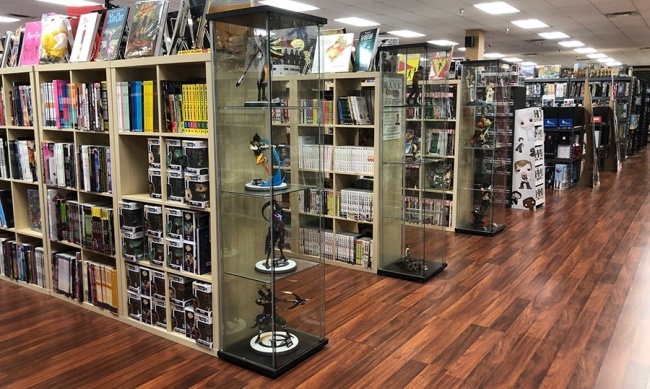
'I think we made every mistake possible, but somehow, we've remained in business.'
Posted by Jim McLauchlin on May 16, 2019 @ 1:54 am CT
MORE COMICS
Publisher Founded by Former Heavy Metal CEO to Expand with Three Imprints
August 15, 2025
The publisher, founded by former Heavy Metal CEO Michael Medney, will expand with three new imprints.
Madison, Wisconsin on August 10, 2025
August 15, 2025
We visited the large Barnes & Noble store in Madison, Wisconsin on a Sunday afternoon, and found manga and merch displays expanded.
MORE NEWS
'A Villainous Halloween' In-Store Event
August 15, 2025
Wizards of the Coast announced A Villainous Halloween , a new Magic: The Gathering Commander in-store WPN event.
Base Game, Expansions, Accessories
August 15, 2025
Asmodee will release The Witcher: Path of Destiny core game, expansions, and accessory pack.



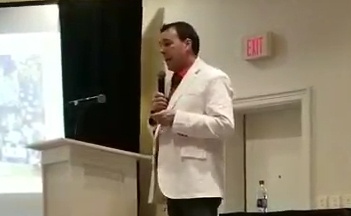
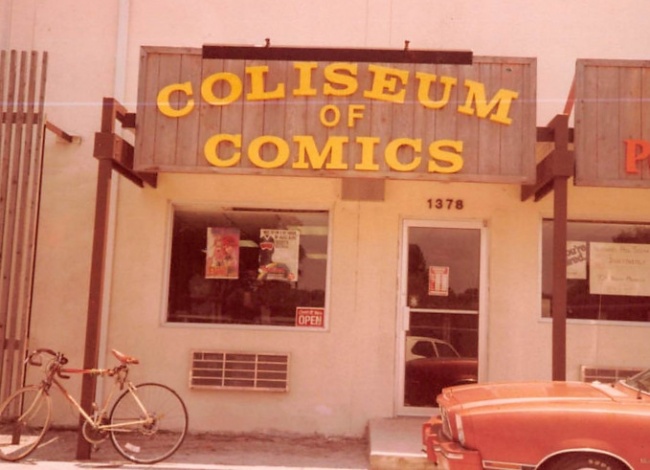
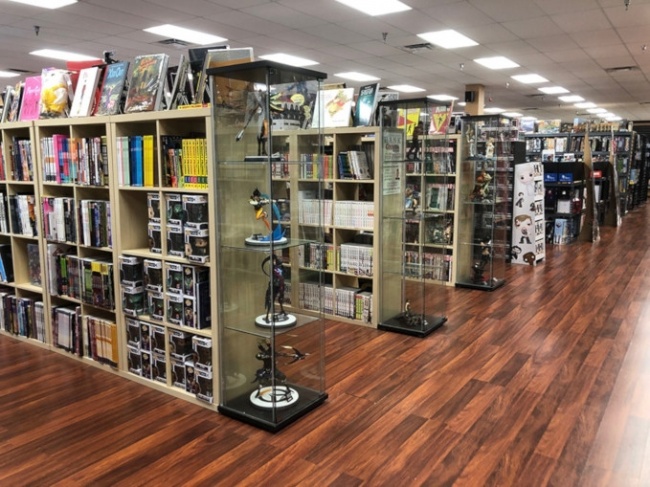
 View Gallery: 6 Images
View Gallery: 6 Images 